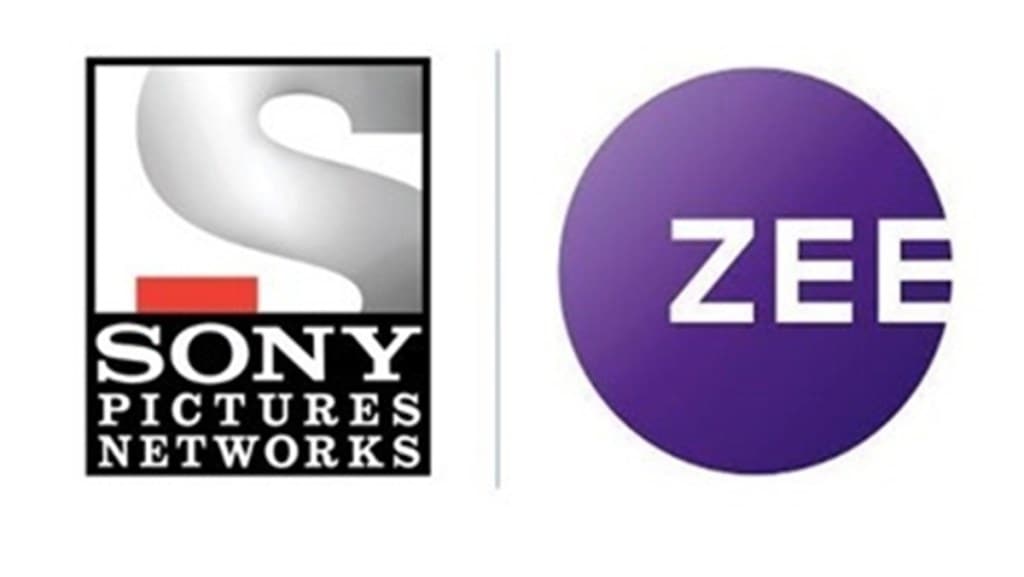Invesco Developing Markets Fund, the single-largest shareholder in Zee Entertainment Enterprises (Zee), has withdrawn its requisition to convene an extraordinary general meeting (EGM) to evict its MD and CEO Puneet Goenka and certain other directors. The U-turn comes after an acrimonious spat between the foreign investor and the media company, wherein Invesco had sought the removal of two directors – who have quit since then — and Goenka. Invesco had also demanded induction of six new independent directors.
On Thursday, Invesco announced its decision to not pursue with its EGM requisition. “We continue to believe this deal in its current form has great potential for Zee shareholders. We also recognise that following the merger’s consummation, the board of the newly-combined company will be substantially reconstituted, which will achieve our objective of strengthening board oversight of the company. Given these developments, and our desire to facilitate the transaction (with SPNI), we have decided not to pursue the EGM as per our requisition dated September 11, 2021, it added.
“Invesco will continue to monitor the proposed merger’s progress. If the merger is not completed as currently proposed, Invesco retains the right to requisition a fresh EGM,” it added.
On its part, Zee welcomed the decision to withdraw the EGM requisition “for its belief in the true potential of the proposed merger with SPNI and faith in the management’s approach”.
Further, Invesco has also reiterated its support for Zee’s proposed merger with Sony Picture Networks India (SPNI).
Following the announcements, Zee’s share price soared 16% on Thursday.
After the completion of the Zee-Sony deal, Sony Pictures Entertainment (SPE) will indirectly hold a majority 50.86% stake in the combined entity, the promoters of Zee will hold a 3.99% stake, and the remaining Zee shareholders will hold the balance 45.15% in the merged entity.
Zee’s Punit Goenka will continue as the MD and CEO of the merged entity. The other board members, majority to be nominated by Sony Group, would include SPNI managing director and CEO NP Singh, who will assume a broader executive position as the chairman of SPE.
Zee founders will also limit the equity they may own in the combined company to 20% of its outstanding shares. The merger agreement does not provide the promoters (founders) of Zee any pre-emptive or other rights to acquire equity of the combined company from the Sony Group or any other party. Any shares purchased by the promoters (founders) of Zee would have to be in compliance with all applicable laws, including any pricing guidelines.
“Invesco’s objective seeking to convene the EGM was to reconstitute the board, which would mostly be achieved following the Zee-SPNL merger. Further, due to the geopolitical situations most emerging market funds have been impacted, Invesco may have been affected, though I don’t have the specifics. But if so, this might, in part, also explain its decision,” Amit Tandon, founder and MD at proxy advisory firm Institutional Investor Advisory Services India (IiAS), said. Incidentally, IiAS had also raised serious corporate governance concerns at Zee.
“The EGM demand is infructuous as there would be a new board, with representations from Invesco, once the merger is approved,” an industry analyst said.
On September 11, 2021, Invesco had sent a requisition letter to Zee’s board, asking it to hold an EGM for removal of two directors, and Zee’s CEO and MD Punit Goenka, alleging breach of corporate governance norms.
Invesco, which together with its subsidiary OFI Global China Fund, holds a 17.88% stake in Zee, had also raised concerns on the media firm’s proposed merger with SPNI, terming it “unfairly” favouring the founding family.
On its part, Zee had rejected the request, citing “legal infirmities” and later on October 2 moved the Bombay High Court asking it to declare the requisition “illegal”.
Thursday’s development followed Tuesday’s Bombay HC order that permitted an appeal filed by Invesco to convene an EGM. The court had also directed the companies to maintain status quo for three weeks, permitting Zee to move the Supreme Court.
